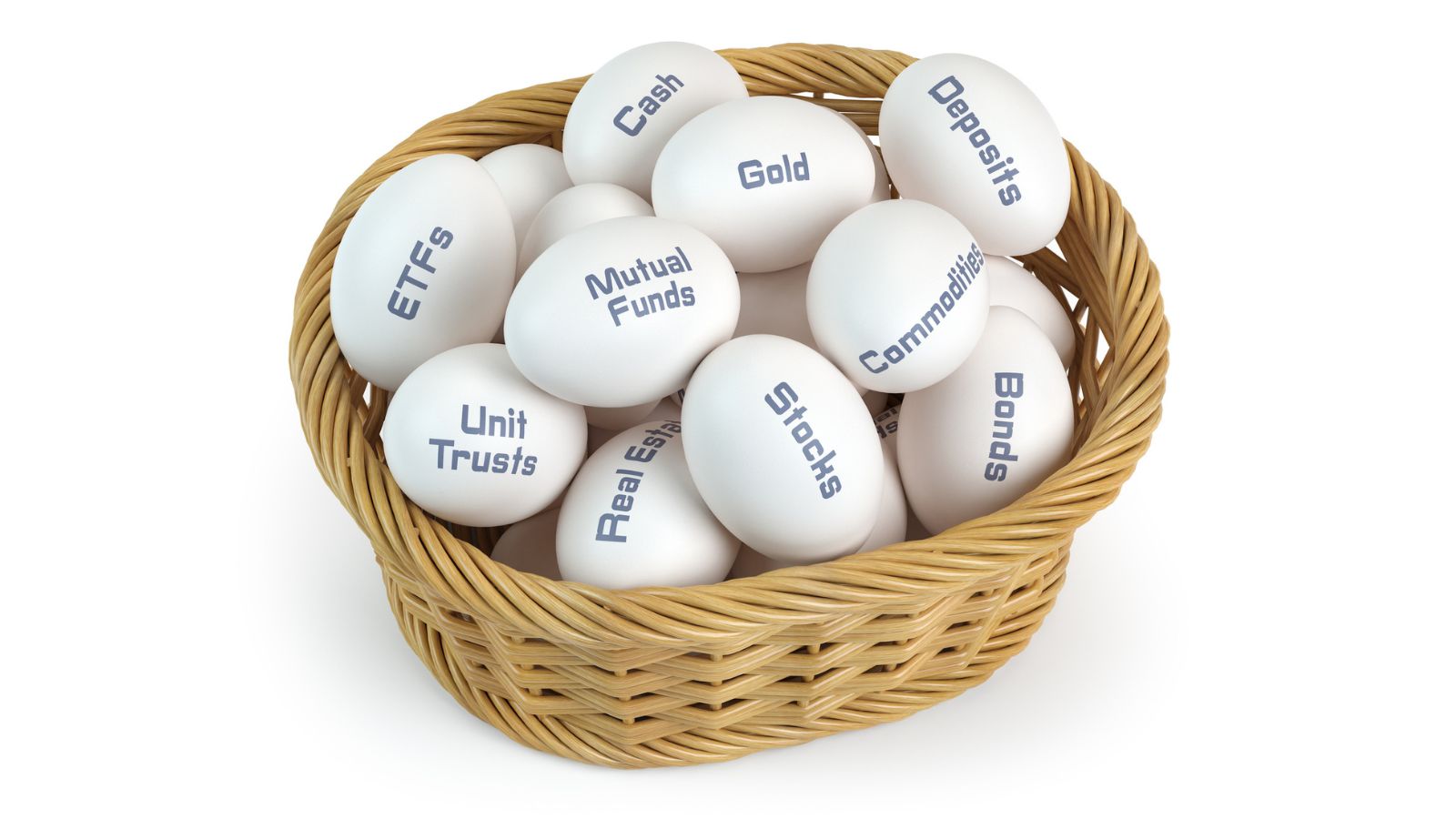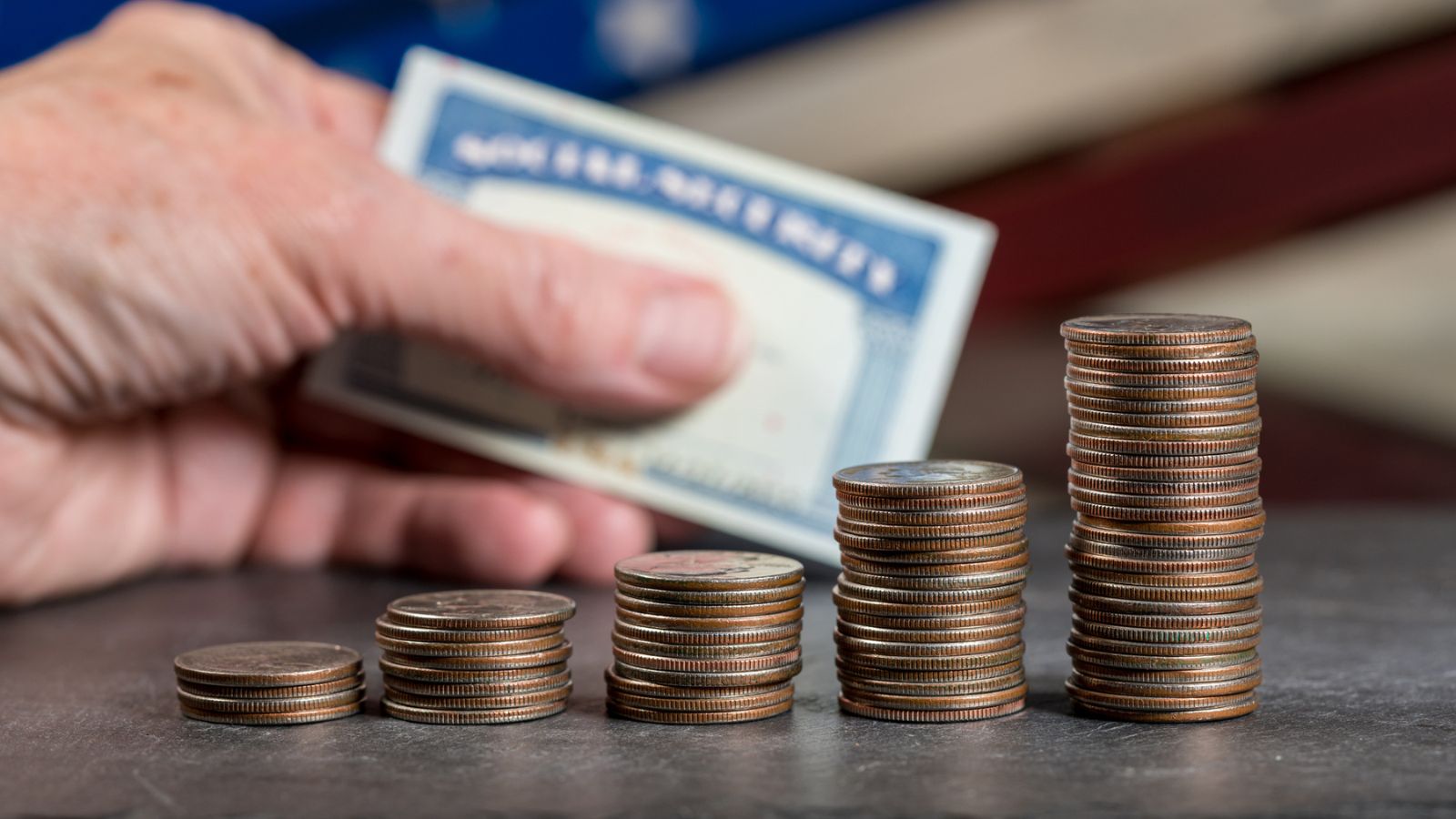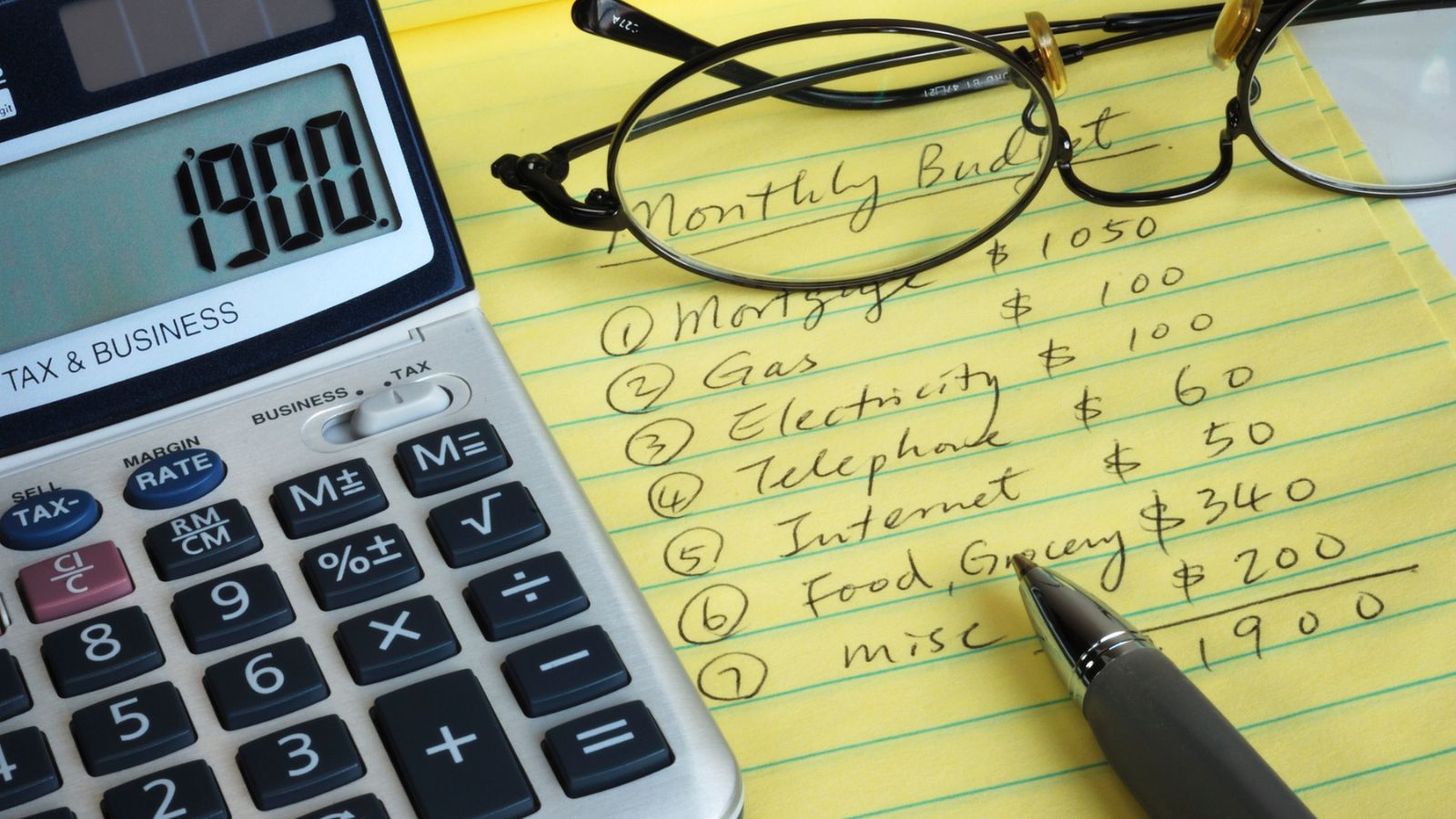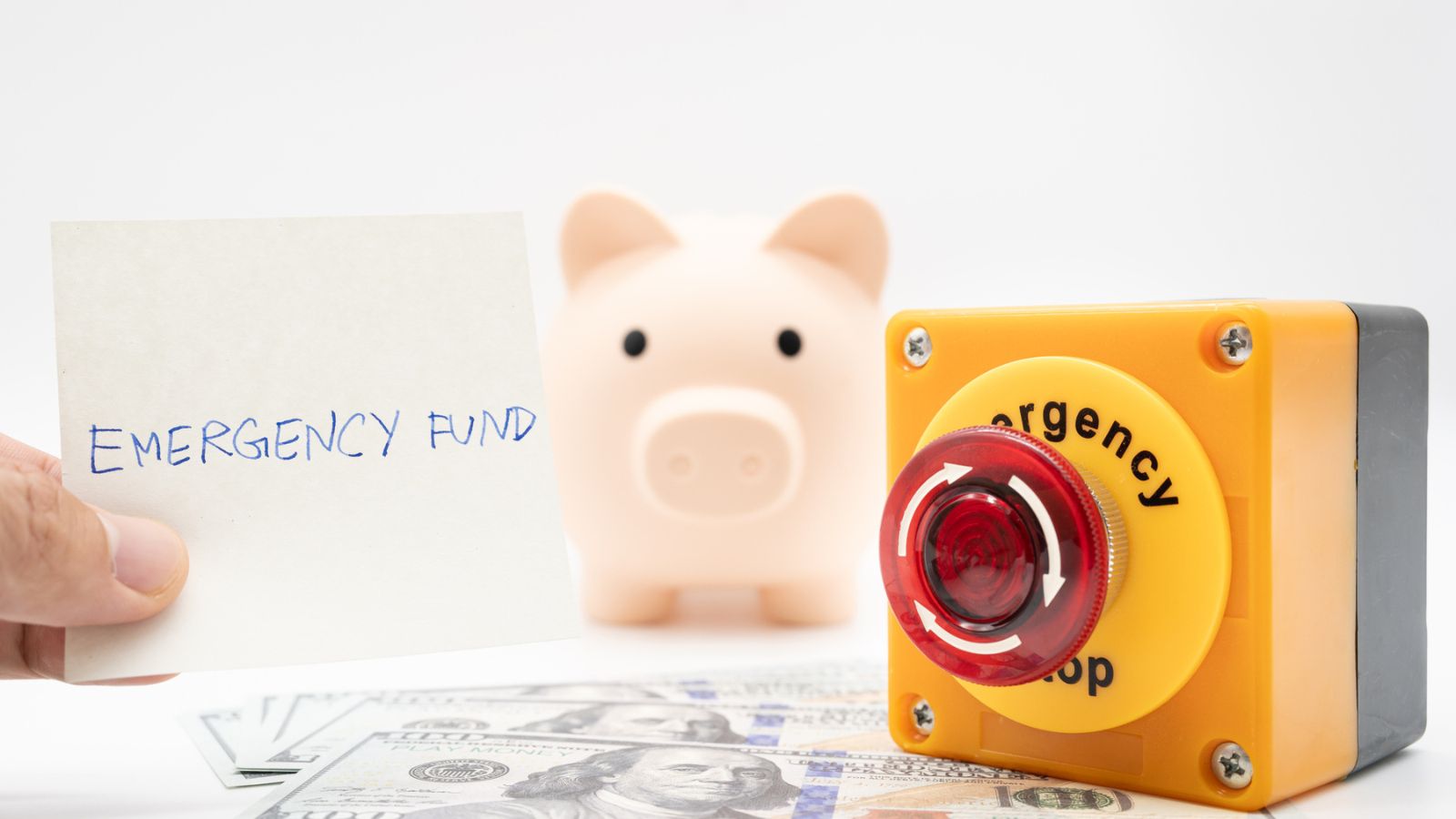The global economy usually goes through a recession every one or two decades. So, as you save and plan for retirement, you must be ready to face one or two recessions along the way or during your retirement. In this article, we’ll look at some proven methods you can use to secure a recession-resistant retirement, no matter your current income.
1. Diversify Your Investments

Diversifying involves spreading your money across different types of investments, like stocks and bonds, to lower your risk. During a recession, certain types of stocks (like those in utilities, healthcare, and consumer staples) tend to hold up better. If you’re not into individual stocks, there are ETFs (exchange-traded funds) that focus on these areas too. Real estate and government securities like Treasury bonds can also add safety to your investment mix.
2. Use Annuities Smartly

Annuities are contracts with insurance companies that pay you over time. Some annuities can protect against recessions, offering a guaranteed income regardless of market changes. Fixed annuities provide a steady return, while deferred annuities let you contribute over time. By choosing the right type and funding it wisely, annuities can secure your future income, which can be crucial during recessions.
3. Money-Saving Apps

These apps work by offering cashback, rewards, or discounts on everyday purchases. Some popular examples of such apps include Swagbucks, Rakuten, and Drop. These apps track your spending and provide cashback or points that can be redeemed for gift cards or cash. The idea of using these apps is to make your regular spending more cost-effective, thereby leaving you with more money to save or invest for retirement.
4. Delaying Social Security Payments

By delaying your Social Security benefits, you can potentially increase the monthly payout you receive later. Although you’re eligible for Social Security at a certain age, waiting beyond that age increases the amount you’ll get each month. This can be beneficial during a recession as it provides a higher monthly income when you might need it most.
5. Understanding Risk Tolerance

Assessing your comfort level with market fluctuations and investment risks is essential. If seeing your investments decline significantly causes anxiety, it might be wise to reassess your investment allocation. However, selling during a downturn could solidify losses, so it’s often recommended to wait for market stabilization before making significant decisions.
6. Emergency Funds

An emergency fund is a separate savings account specifically for unexpected expenses. These could include medical emergencies, car repairs, or home maintenance. Keeping this fund well-funded before retirement ensures you have a financial safety net during a recession without touching your retirement savings.
7. Utilizing Senior Discounts

Many businesses offer discounts to seniors, providing an opportunity to save money on purchases. Taking advantage of these offers can help you manage your expenses better during economic downturns, stretching your budget further. If you qualify for these discounts, ensure to utilize them.
8. Paying Off High-Interest Debt

High-interest debt, especially from credit cards, can become a significant financial burden during a recession. Paying off such debt before retirement frees up more of your income for saving and investing, providing more financial security in the long term.
9. Reviewing Your Budget

Regularly updating your retirement budget is crucial. It helps accommodate changes in expenses and ensures you’re allocating your funds optimally. During a recession, budget adjustments can be vital in managing and reducing unnecessary spending.
10. Investing in Tangible Assets

Tangible assets like gold or real estate tend to hold value even during economic downturns. Diversifying your investment portfolio to include these assets adds stability and can protect your overall wealth during challenging economic times. Fortunately, you can invest in these assets with the amount of money you have, thanks to pooled investment opportunities.
11. Delay Taking Social Security

When you delay claiming Social Security benefits beyond your full retirement age (typically around 67 for most people), you increase the monthly amount you receive. Although you can claim benefits earlier, waiting results in larger monthly checks. The goal of using this strategy is to maximize your long-term financial safety net by boosting the amount you receive each month during retirement.
12. Keep Making Money

Supplementing retirement benefits with additional income sources, such as side jobs or utilizing your skills, provides a buffer against financial strains caused by economic downturns. These extra earnings act as a safety net, helping to cover expenses and potentially offset any losses or reduced income during a recession. It’s a proactive way to ensure financial stability during challenging times.
13. Build an Emergency Fund

An emergency fund is a crucial financial cushion. It involves keeping a separate account with easily accessible cash to cover unexpected expenses or income disruptions during tough periods, like job losses or unforeseen bills. Having this fund minimizes the need to borrow money or rely on credit during a recession, reducing financial stress and potential debt accumulation.
14. Consult a Financial Advisor

Seeking advice from a financial professional, especially one specializing in retirement planning, can be invaluable. A financial advisor can help design a recession-resistant investment portfolio tailored to your specific financial situation and goals. They usually offer strategies to navigate market downturns, potentially mitigating the impact of economic recessions on your retirement savings.
15. Live Within Your Means

Living within your means involves spending within the limits of your income. This practice minimizes the risk of debt accumulation during economic downturns. If you’re accustomed to managing expenses on a single income in a two-income household, it can better prepare you for unexpected job losses without causing significant financial strain. It’s a proactive approach to financial stability, ensuring that your spending aligns with your income even during challenging times.
50 Super Simple Side Hustle Ideas

50 Super Simple Side Hustle Ideas (& How to Make Them Work)
10 Frugal Lessons I Learned From Being Flat Out Broke

10 Frugal Lessons I Learned From Being Flat Out Broke
How To Make Money Without a Job

How To Make Money Without a Job
Creative Ways To Make Money

20 Easy Ways to Raise A Credit Score Fast

Read More: 20 Easy Ways to Raise A Credit Score Fast
Frugal Living Tips: The Essential Guide To Start Saving Money

Frugal Living Tips: The Essential Guide To Start Saving Money

